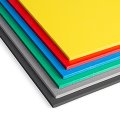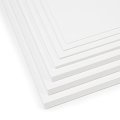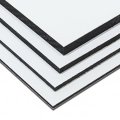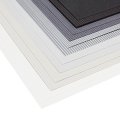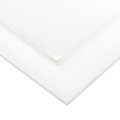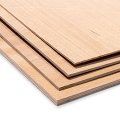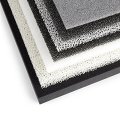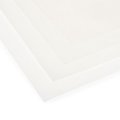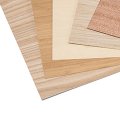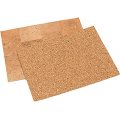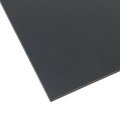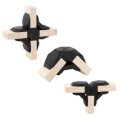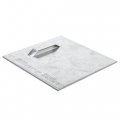Cork Sheets
Properties of cork boards
Cork has a fine, closed cell structure and low density, has a good insulating effect against sound and heat and is also difficult to burn. All these positive properties have made it a frequently used natural insulation material (sound, heat and vibration insulation). Since cork does not absorb any liquids, dust or dirt, it is considered to be very hygienic.
Production and use of cork panels
Cork boards are made of cork grist of different grain sizes. With the addition of binding agents, the shot is pressed into blocks, which are then cut into slabs.
In architectural model making, the uniformly thin Use cork slabs to build topographic layer models. The thin, 1 mm thick board should be handled with particular care as it tears quite easily. The thicker boards can also be used to make simple pin boards.
Processing of cork boards
The cork plates can be cut easily with the cutter, the thinner ones can also be cut with the scissors. For gluing you can use normal glue like Tesa glue (Technicoll), for temporary connections you can use pins.
